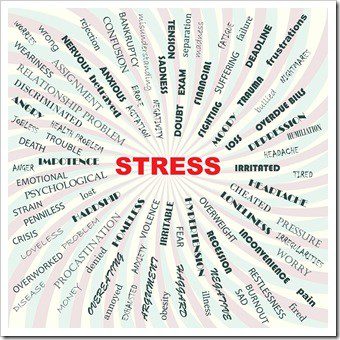
Many people have suffered psychosomatic symptoms, it may have been you or someone you know. A psychosomatic disorder is defined as an illness that seemingly has no known physical cause. A study has shown that out of patients complaining of 14 common symptoms, only a mere 16% had a physical cause for their complaint. The symptoms involved included headache, fatigue, insomnia, dizziness, chest pain, back pain, abdominal pain, edema, shortness of breath, numbness, cough, constipation, impotence and weight loss. This does not necessarily mean that the remaining 84% of cases were all psychosomatic disorders, however it does raise the question of how many illnesses originate in our heads.
The “Placebo Effect”
It is very common for problems with stress, depression and other psychological disorders to manifest themselves in the body. The connection between the mind and the body is extremely strong, which has been shown by the potency of the “placebo effect”. Although a person’s physical symptoms may have a psychiatric origin, it does not make their symptoms any less real. A person with a psychosomatic illness experiences the same level of pain and discomfort that a person does with a clearly identified physical origin for their symptoms.
Many Problems Are Caused By Stress and Anxiety
The stress and anxiety levels that a person has can cause a host of physical problems, and/or can worsen the symptoms that they already have. The best idea is to get any symptoms that you are experiencing checked by your doctor to rule out any organic illnesses. However, if no physical cause has been found and your symptoms still persist, you may want to visit you physician and see if they can pinpoint an underlying emotional or psychological cause for your symptoms. This can help you to answer your health questions without taking any unnecessary medications or undergoing any medical procedures.
For Your Health,
Dr. Billie King Shaw

